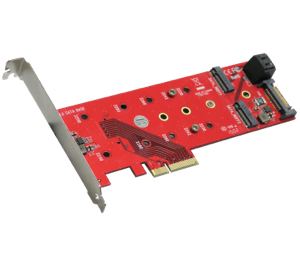Feature phones, smartphones, and tablets shipped more than 1.9 billion units combined in 2013. However, the quality of audio experience hasn’t kept pace with other mobile advancements making it the Achilles’ heel.
According to new research from market intelligence firm ABI Research (http://www.abiresearch.com), next-generation devices are poised to deliver high-definition voice capability and a surge in smart audio accessories will result in users spending a greater portion of the waking day with their devices.
“How is it that the mobile device market has managed to become so large and important, yet fail to impress when it comes to the quality of the audio experience?” asks senior practice director Jeff Orr. “As users customize and personalize their mobile device, they increasingly want a better audio experience.”
Multiple initiatives are underway to revolutionize the mobile device audio experience:
° Feature phones will soon have access to high-definition voice as mobile network operators move to Voice over LTE (VoLTE) services, which will deliver voice communications superior to cordless phones
° Hero devices are increasing their reliance on dedicated audio processors to address a broader range of usage environments. For example, more than 1 in 4 mobile devices shipments in 2019 will adapt near real-time to current conditions
° The audio accessory market is primed today to address poor audio quality through the use of headsets, earbuds and sound bars. Aftermarket audio headset revenues will grow over 50% to reach $1.4 billion annually in 2019.
The big innovation for mobile devices is the emergence of smart audio accessories that not only bring audio closer to the user, but, “Deliver on the promise of the wearables market with an immersive computing experience that is both fun and useful,” adds Orr.


